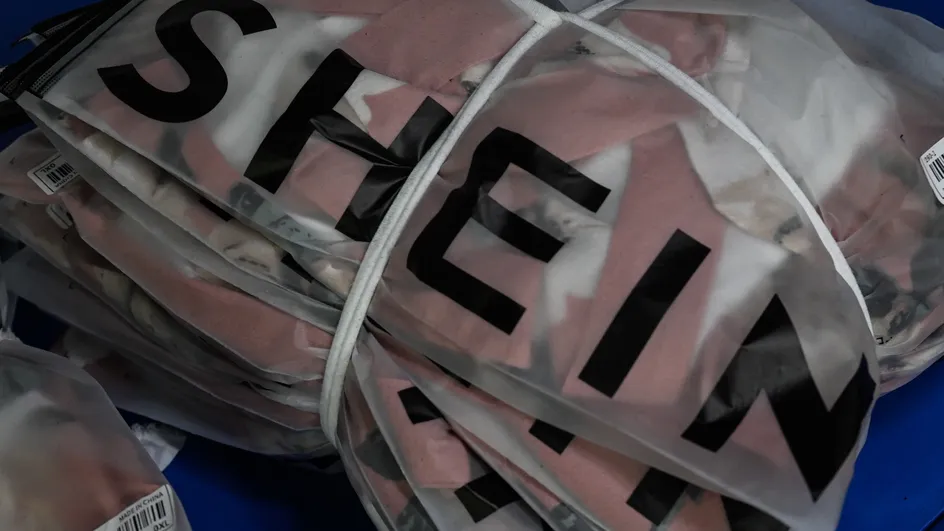
Behind a single T-shirt are several thousand liters of water, and the textile industry represents a total of about 1.2 billion tons of CO2 emitted each year, or about 10% of global greenhouse gas emissions. In addition to this already colossal environmental cost, there are problems of water pollution and often dramatic working conditions for the 75 million workers in the sector worldwide.
This situation has become more acute since the beginning of the 2000s, with the rise of the fast fashion industry, i.e. the massive production of clothing, often of poor quality, manufactured on the other side of the world, to satisfy, in large part, the demand of Westerners.
However, many solutions exist to put an end to this deleterious consumption for workers and the environment. Starting with a drastic reduction of our consumption. From “responsible” fashion to the purchase of second-hand clothes, through recycling, in this episode of A Degree of Conscience, Salomé Saqué and Emma Haziza expose the different existing alternatives, to dress differently.
